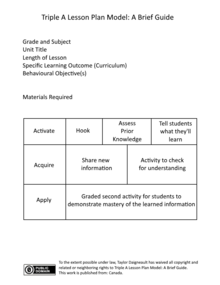What Everybody Ought To Know About How To Develop Lesson Plans
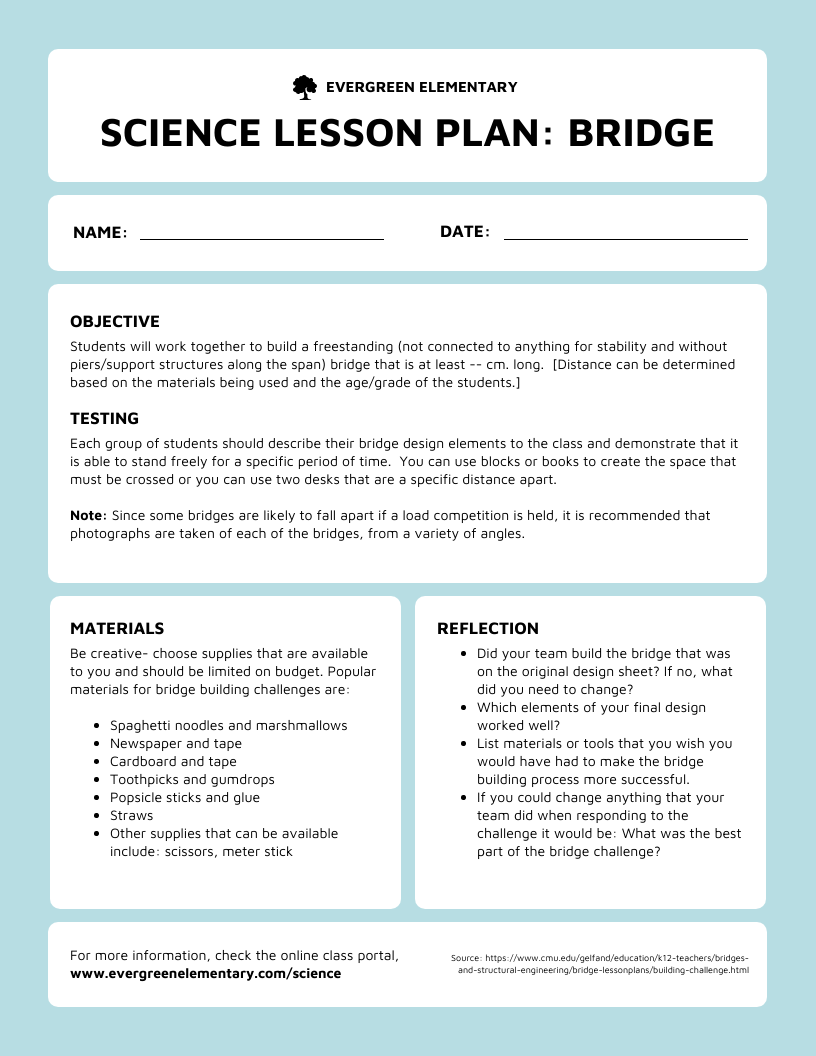
Ask them to fill the.
How to develop lesson plans. Outline the main topics or ideas you wish to cover during the lesson. Creating a lesson plan with clearly defined learning objectives, goals, and a metric for measuring progress toward these goals is vital to ensuring students benefit as much as. Write the objective for the lesson.
Use bright colors, patterns, icons, and graphics to create a truly engaging visual art lesson plan, like in the examples below. Creating a lesson plan begins with aligning. Here are some basic steps for developing a lesson plan:
To create effective lesson plans, teachers should work backward — by. For larger classes, you may way to keep things a little more controlled and spend one or two minutes on the warmup. Good teaching begins with a well designed lesson plan the end comes first effective lesson planning begins at the ending.
Picking a patterned but simple background is an easy way to add. When creating lesson plans, always keep your destination in mind. An effective lesson plan demonstrates how a teacher creates objectives for his or her students and measures how those objectives are mastered.
A good lesson plan can make all the difference between a lesson that goes well and a lesson that crashes or fizzles. Get a pen and piece of paper and any materials you may need, such as a textbook if you are using a textbook. Send any friend a story as a subscriber, you have 10 gift articles to.
As well as colors, patterns can be used, like in this art lesson plan example, to create interest in your lesson plan design. In this lesson, we'll discuss how to create an effective lesson plan for adults. Ask yourself, 'what skills or knowledge do you want your.

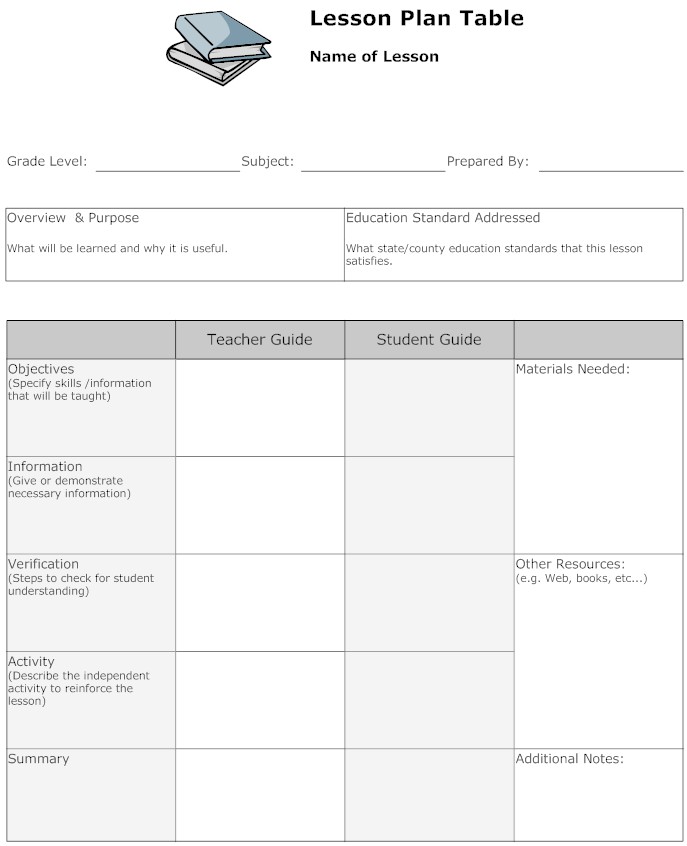


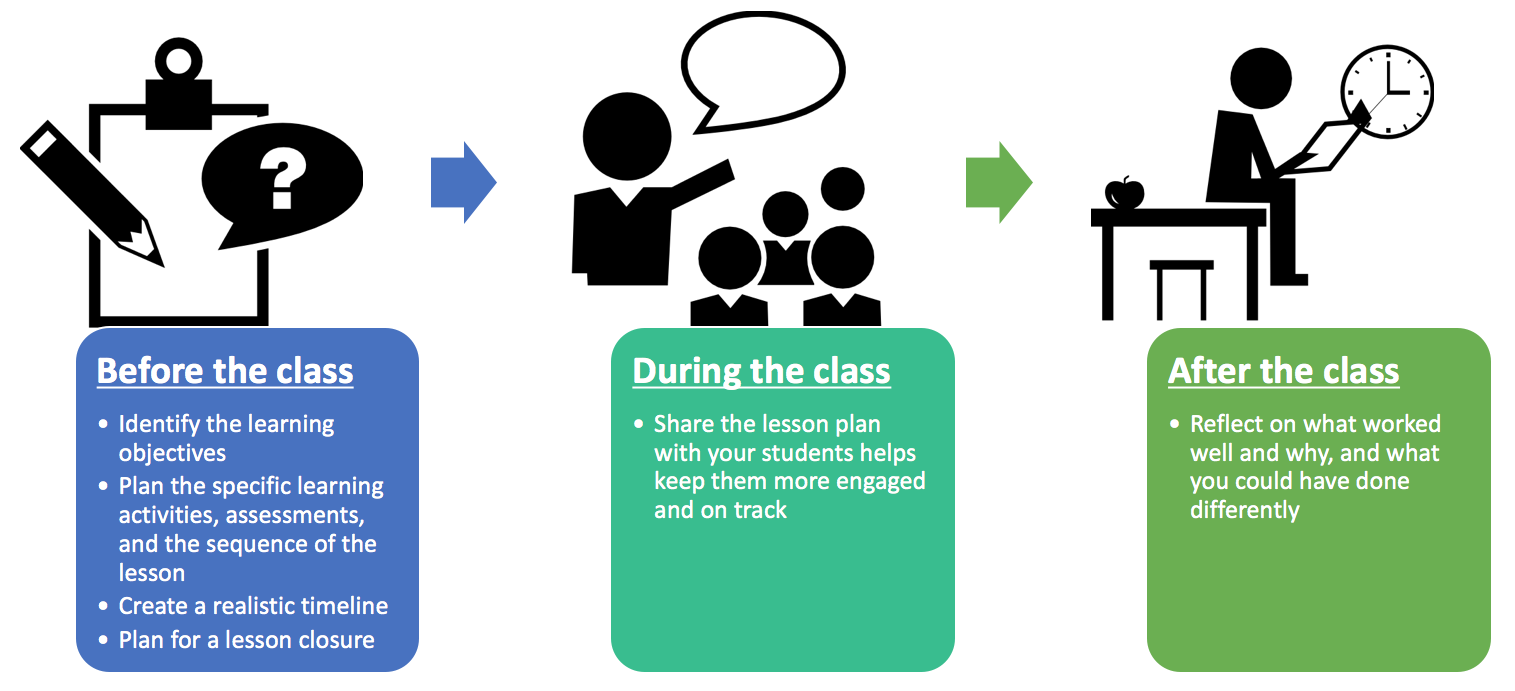


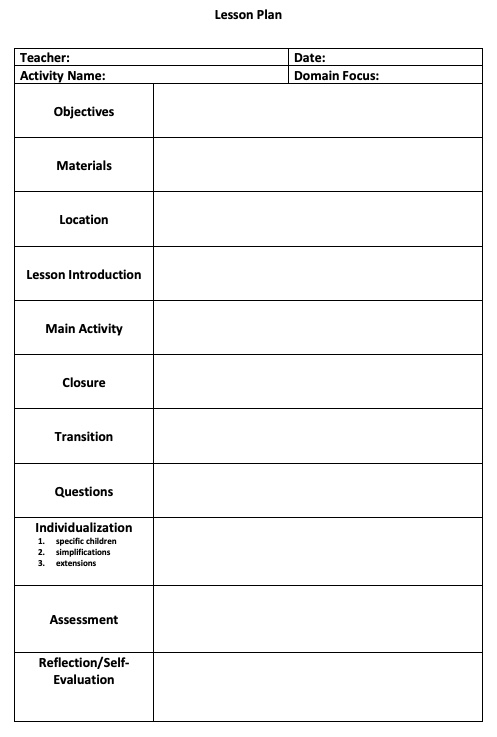
![27+ Easy-To-Edit Lesson Plan Examples [+ Writing Tips]](https://venngage-wordpress.s3.amazonaws.com/uploads/2020/06/High-school-math-lesson-plan-template-Venngage.png)



![27+ Easy-To-Edit Lesson Plan Examples [+ Writing Tips]](https://venngage-wordpress.s3.amazonaws.com/uploads/2020/06/lesson-plan-template-3.png)



